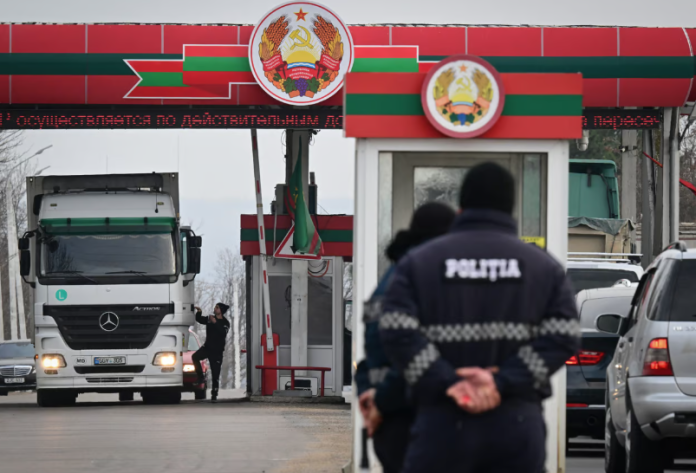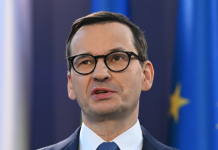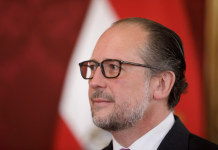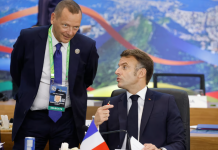The gas supply dispute between the Moldovan government and its breakaway region of Transnistria is reigniting political tensions.
Authorities in Moldova’s breakaway region of Transnistria should stop stonewalling offers of alternative energy supplies, the European Commission said, as political tensions ratchet up after Russia’s decision to cut off its flow of natural gas.
Hundreds of thousands of people in Transnistria have been left without heating and hot water after Russia’s state energy firm Gazprom ended gas exports to the region on Jan. 1 when the long-term agreement to transit gas through neighboring Ukraine expired.
“We understand the Moldovan government has already offered energy and also humanitarian assistance to Transnistria, which was not accepted so far,” said Anitta Hipper, the Commission’s spokesperson for foreign affairs.
Hipper was responding to a question from POLITICO, which this week published leaked correspondence revealing that the pro-Kremlin leadership of the unrecognized state, based in the city of Tiraspol, refused Moldovan offers to provide gas from the European market and was turning down offers of humanitarian aid.
“We encourage Tiraspol to cooperate with Chișinău to address the situation in the interests of the local population,” said Hipper.
Speaking in a closed-door call with journalists and top administration officials on Monday, Moldovan Prime Minister Dorin Recean accused Moscow of confecting the standoff. “This is a security crisis that Russia, through weaponization of energy, is trying to induce in the region,” he said.
“They halted the gas supply to the region that they control, including through the fact that they have illegally stationed military troops there and they do not allow anyone to help the region,” Recean said.
Transnistria has remained de facto autonomous since a war between the breakaway region and Moldova following the fall of the Soviet Union in the 1990s, and plays host to more than a thousand Russian troops.
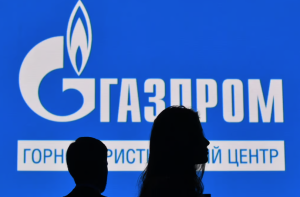
After the agreement allowing the transit of Russian gas into Europe via Ukraine ended on Jan. 1, the Moldovan government says Moscow has refused to export natural gas to Transnistria through available alternative routes, as part of a bid to inflame tensions ahead of critical parliamentary elections later this year.
According to Recean, the crisis could ultimately bring about the end of Transnistria’s self-declared independence. “Our objective is to reintegrate the country. And this should start from the fact that Russia had to withdraw its troops so that we can properly administer it. We are here to offer a peaceful solution to this conflict.”
Anatolii Dirun, assistant professor at Tiraspol’s School of Political Science, said Transnistrian authorities are almost certainly playing for time and hoping Moscow finds a solution. “I think it could be happening in maybe one week, maybe two weeks, and in this way the authorities prefer to wait a couple of weeks for when Russia interferes and solves this question.”
Anna-Kaisa Itkonen, the EU’s spokesperson for energy and housing, said Brussels has set up a working group with Moldova and is monitoring the “very serious situation” in the region. “We keep having regular exchanges with Moldovan authorities to mitigate any consequences of the end of Russian gas supplies to the country,” she added.

